Nights Are Longer Now — and That’s Okay
I used to sleep like a stone. Back then, life was loud during the day, and nights were for collapse. These days, I wake up at 2 or 3 a.m., fully alert. For a long time I thought something was wrong. “Insomnia,” the magazines called it. But then I realized — maybe it’s not insomnia. Maybe it’s just life being generous with quiet hours.
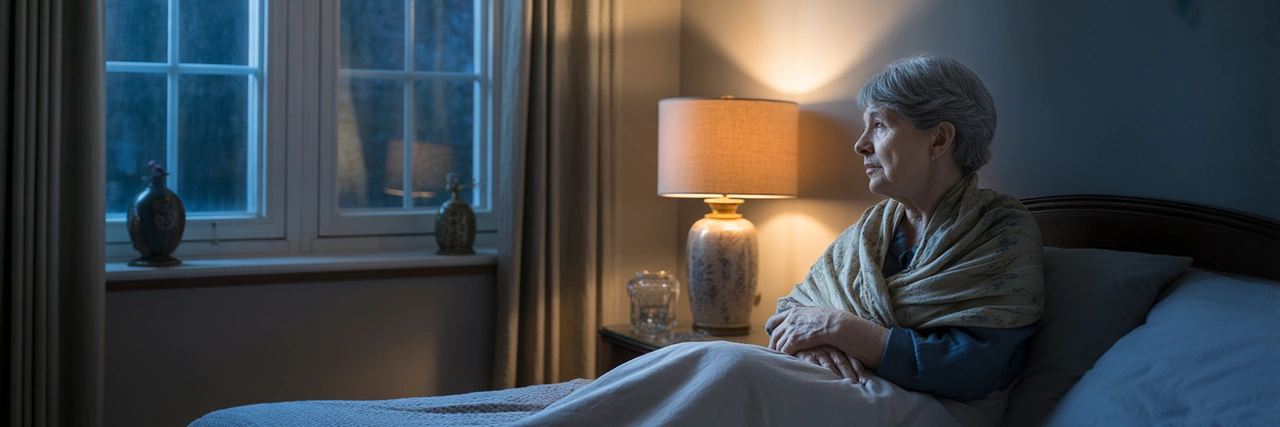
When I’m awake at night, I don’t reach for my phone. I make tea. I sit in the kitchen. The refrigerator hums. A distant car passes. The silence isn’t empty — it’s full of things we usually ignore. I don’t feel anxious. I feel invited. Like the world is whispering, “You have time. Use it gently.” Funny how something once feared becomes... intimate.
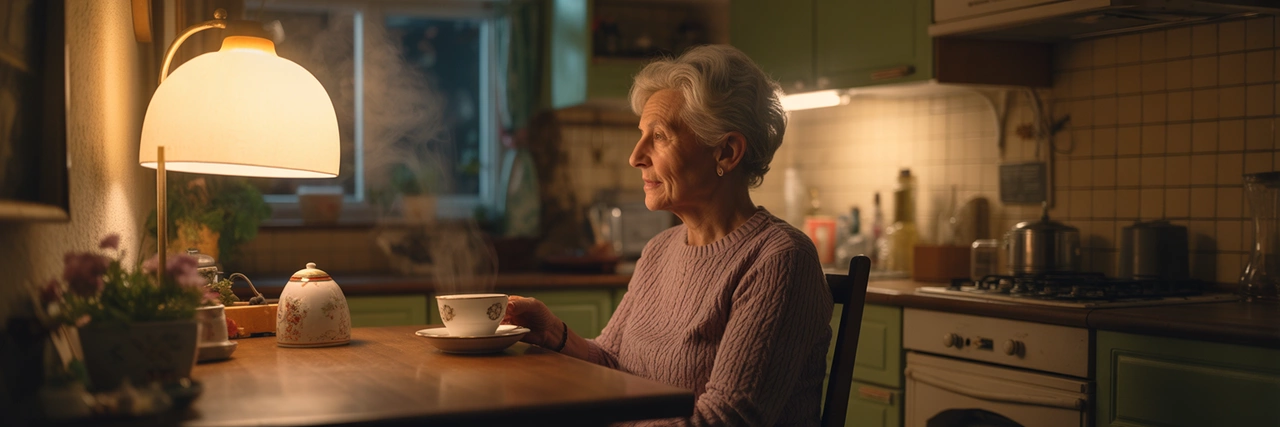
Sometimes I reread pages from books I loved when I was twenty. They read differently now. Or I write little things — not even poems, just thoughts that come. Sometimes, I just sit and breathe. No performance, no pressure. I’ve learned to trust the rhythm of my own clock. It doesn’t follow schedules anymore. And that’s oddly freeing.
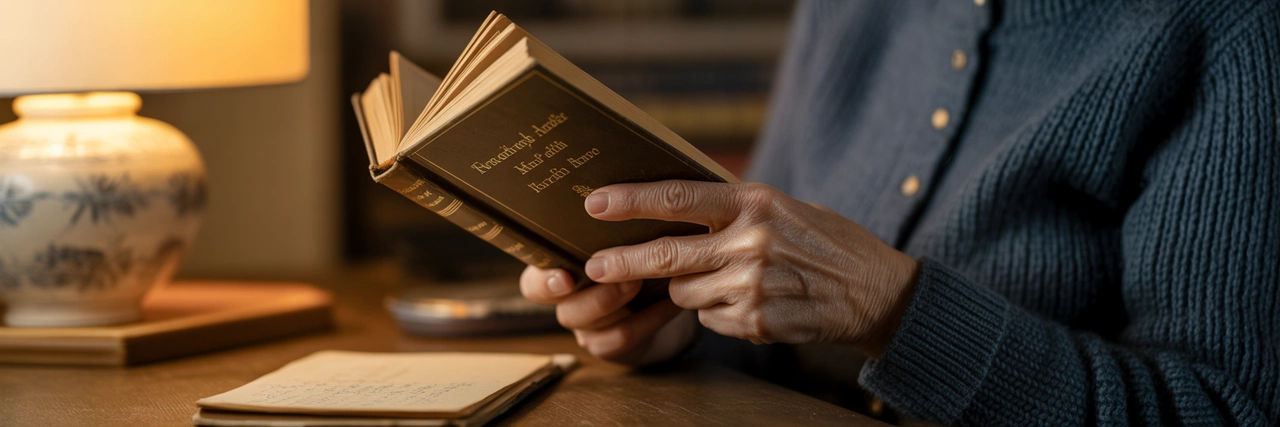
There’s a strange assumption that if you’re not asleep at 3 a.m., something must be wrong. But history tells another story: people used to sleep in two parts — “first sleep” and “second sleep.” In between, they prayed, made love, or simply sat in thought. Maybe we’re just looping back to something older and wiser. I like that idea. That rest isn’t just horizontal.
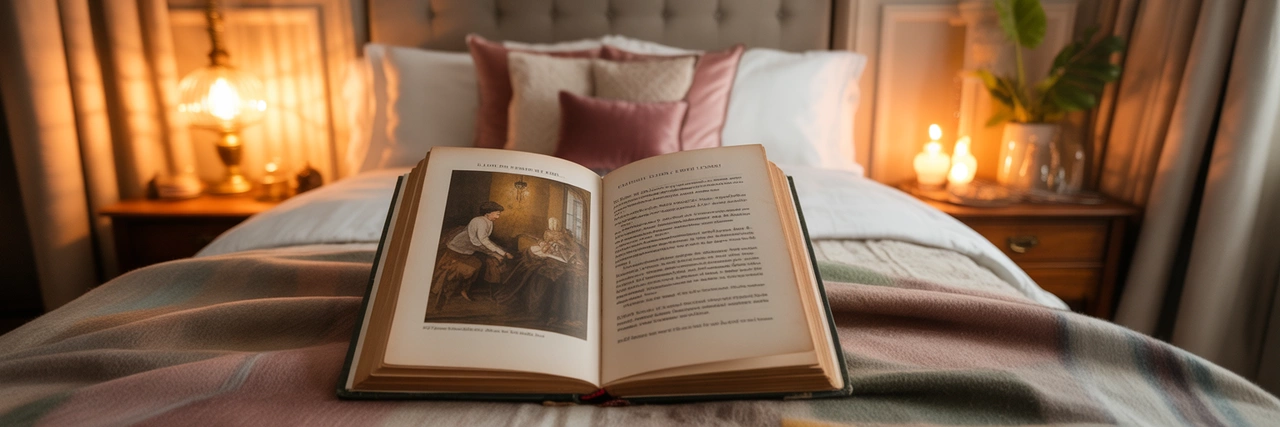
Eventually, I do sleep. Sometimes at 4, sometimes after dawn. And the next day? I’m fine. Tired sometimes, yes. But not broken. Not failing. Just... aging. And learning that rest is not a race. I don’t chase it anymore. I meet it halfway — with tea, and open windows, and no shame.
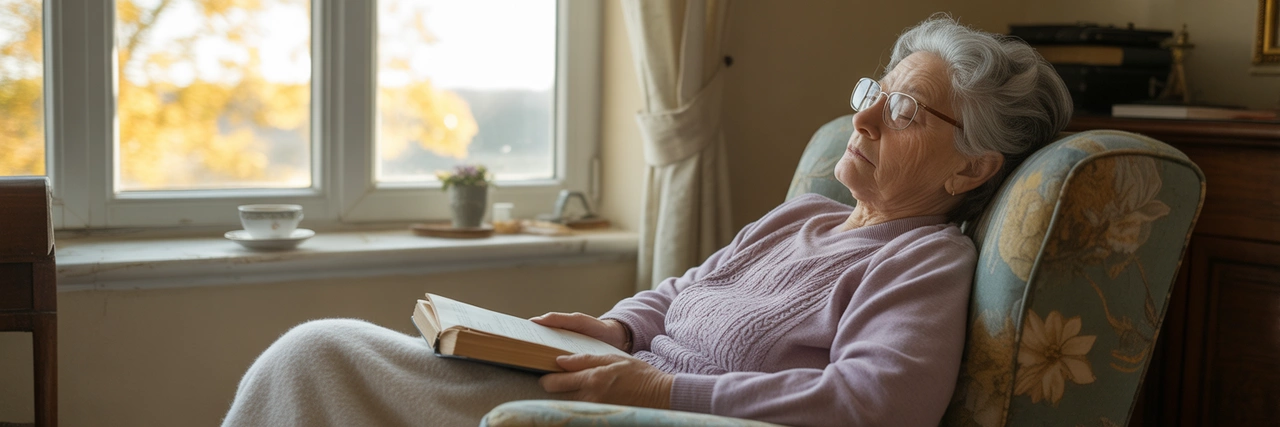
Close